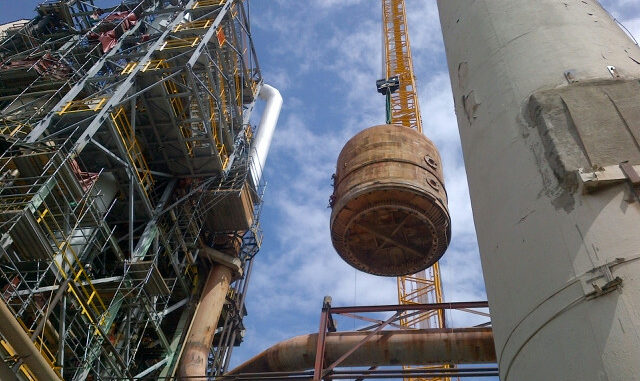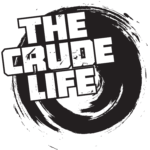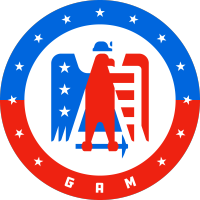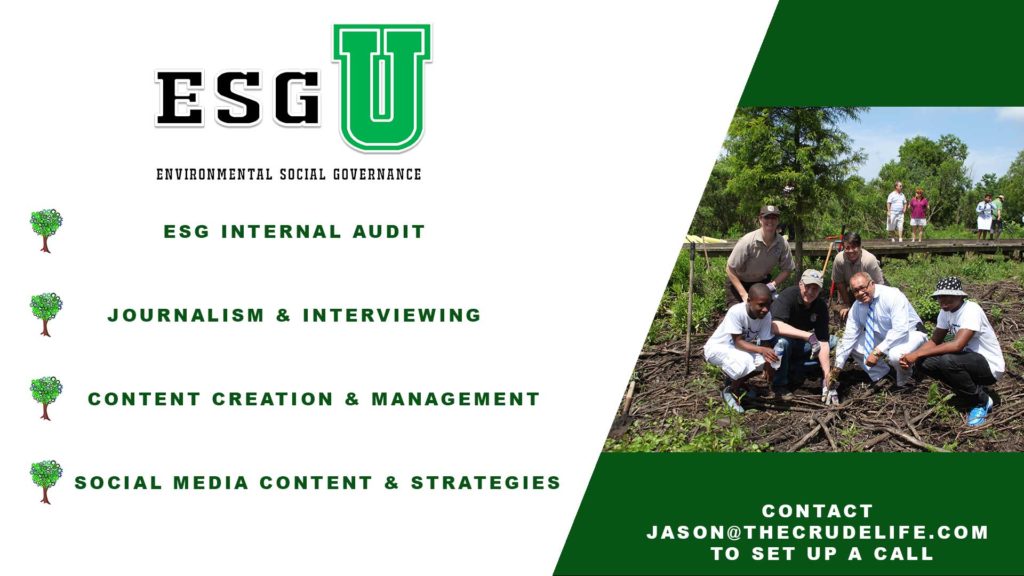

Kunal Patel is a senior business economist at the Federal Reserve Bank of Dallas joins Jason Spiess for an update on the oil and gas activity in the 11th District, including the Permian Basin in Texas.
Activity in the oil and gas sector expanded at a robust pace in second quarter 2022, according to oil and gas executives responding to the Dallas Fed Energy Survey. The business activity index—the survey’s broadest measure of conditions facing Eleventh District energy firms—edged up from 56.0 in the first quarter to 57.7, registering its highest reading in the survey’s six-year history.
Oil and natural gas production increased, though the pace eased slightly, according to executives at exploration and production (E&P) firms. The oil production index remained well above average but fell from 45.0 in the first quarter to 32.6 in the second quarter. The natural gas production index declined five points to 35.3.
Costs increased for a sixth straight quarter. Among oilfield services firms, the index for input costs jumped from 77.1 to 88.0—reaching a record high. None of the 52 responding oilfield services firms reported lower input costs. Among E&P firms, the index for finding and development costs increased from 56.0 in the first quarter to 70.6 in the second. Additionally, the index for lease operating expenses also advanced notably, from 58.9 to 74.1. Both indexes reached highs for the survey’s six-year history.
It is taking longer for firms to receive materials and equipment. The supplier delivery index edged up from 30.6 to 31.9—a record high. Among oilfield service firms, the measure of lag time for deliveries jumped from 25.5 to 36.0—also a record high and suggestive of delays acquiring products and/or services.
Oilfield services firms reported improvement across key indicators. The equipment utilization index jumped from 50.0 in the first quarter to 66.7 in the second quarter. The operating margin index advanced from 21.3 to 32.7, a record high. The index of prices received for services increased from 53.2 to 62.7.
All labor market indexes in the second quarter remained elevated, pointing to strong growth in employment, hours and wages. The aggregate employment index posted a sixth consecutive positive reading but declined from 28.0 to 22.6, indicative of a slightly slowing rate of expansion in a very active job market. The aggregate employee hours index also remained positive but dipped from 36.0 to 31.4. The aggregate wages and benefits index decreased from 54.0 to 48.6.
Six-month outlooks improved significantly, with the index at 65.9, a highly elevated reading. The outlook uncertainty index remained positive but fell from 31.9 to 12.4, suggesting that while uncertainty continued to increase on net, fewer firms noted a rise this quarter than last quarter.
On average, respondents expect a West Texas Intermediate (WTI) oil price of $108 per barrel by year-end 2022; responses ranged from $65 to $160 per barrel. Survey participants expect Henry Hub natural gas prices of $7.55 per million British thermal units (MMBtu) at year-end. For reference, WTI spot prices averaged $119.56 per barrel during the survey collection period, and Henry Hub spot prices averaged $8.38 per MMBtu.
Next Survey release: September 28, 2022
Data were collected June 8–16, and 137 energy firms responded. Of the respondents, 85 were exploration and production firms and 52 were oilfield services firms.
The Dallas Fed conducts the Dallas Fed Energy Survey quarterly to obtain a timely assessment of energy activity among oil and gas firms located or headquartered in the Eleventh District. Firms are asked whether business activity, employment, capital expenditures and other indicators increased, decreased or remained unchanged compared with the prior quarter and with the same quarter a year ago. Survey responses are used to calculate an index for each indicator. Each index is calculated by subtracting the percentage of respondents reporting a decrease from the percentage reporting an increase. When the share of firms reporting an increase exceeds the share reporting a decrease, the index will be greater than zero, suggesting the indicator has increased over the previous quarter. If the share of firms reporting a decrease exceeds the share reporting an increase, the index will be below zero, suggesting the indicator has decreased over the previous quarter.
Questions regarding the Dallas Fed Energy Survey can be addressed to Michael Plante at Michael.Plante@dal.frb.org or Kunal Patel at Kunal.Patel@dal.frb.org.
About The Crude Life
Award winning interviewer and broadcast journalist Jason Spiess and Content Correspondents engage with the industry’s best thinkers, writers, politicians, business leaders, scientists, entertainers, community leaders, cafe owners and other newsmakers in one-on-one interviews and round table discussions.
The Crude Life has been broadcasting on radio stations since 2012 and posts all updates and interviews on The Crude Life Social Media Network.
Everyday your story is being told by someone. Who is telling your story? Who are you telling your story to?
#thecrudelife promotes a culture of inclusion and respect through interviews, content creation, live events and partnerships that educate, enrich, and empower people to create a positive social environment for all, regardless of age, race, religion, sexual orientation, or physical or intellectual ability.
Sponsors, Music and Other Show Notes

Studio Sponsor: The Industrial Forest
The Industrial Forest is a network of environmentally minded and socially conscious businesses that are using industrial innovations to build a network of sustainable forests across the United States.
Weekly Sponsor: Stephen Heins, The Practical Environmentalist
Historically, Heins has been a writer on subjects ranging from broadband and the US electricity grid, to environmental, energy and regulatory topics.
Heins is also a vocal advocate of the Internet of Everything, free trade, and global issues affecting the third of our planet that still lives in abject poverty.
Heins is troubled by the Carbon Tax, Cap & Trade, Carbon Offsets and Carbon Credits, because he questions their efficacy in solving the climate problem, are too gamable by rent seekers, and are fraught with unreliable accounting.
Heins worries that climate and other environmental reporting in the US and Europe has become too politicized, ignores the essential role carbon-based energy continues to play in the lives of billions, demonizes the promise and practicality of Nuclear Energy and cheerleads for renewable energy sources that cannot solve the real world problems of scarcity and poverty.

Weekly Sponsor: Great American Mining Co
Great American Mining monetizes wasted, stranded and undervalued gas throughout the oil and gas industry by using it as a power generation source for bitcoin mining. We bring the market and our expertise to the molecule. Our solutions make producers more efficient and profitable while helping to reduce flaring and venting throughout the oil and gas value chain.

Join Podcasters from across the world and all walks of life as they unite to bring civil solutions to life and liberty.

Studio Email and Inbox Sponsor: To Be Announced

Featured Music: Alma Cook
For guest, band or show topic requests, email studio@thecrudelife.com
Spread the word. Support the industry. Share the energy.



